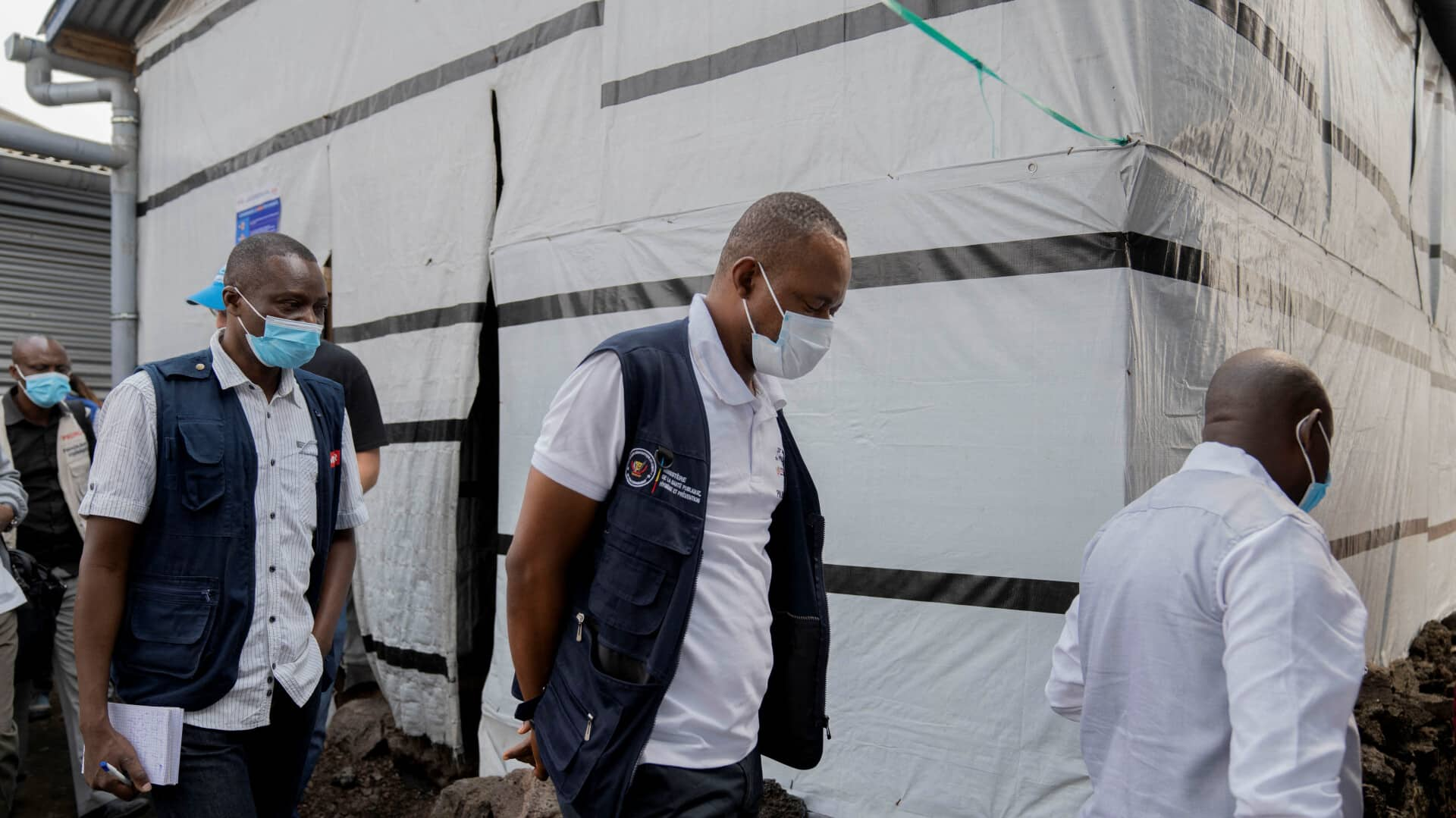
WHO declares mpox a global public health emergency
What's the story
The World Health Organization (WHO) has declared a public health emergency of international concern (PHEIC), its highest level of alert, due to a new variant of the mpox viral disease in Africa. The WHO on Wednesday said mpox cases have been found in 13 African countries and its new form is spreading. It is the second time in two years the organization has issued the alert for the infectious viral disease that can occur in humans and animals.
Global response
WHO Director-General calls for global response
"Today, the emergency committee met and advised me that in its view, the situation constitutes a public health emergency of international concern. I have accepted that advice," said WHO Director-General Tedros Adhanom Ghebreyesus at a news conference. He emphasized that this development should be a concern for everyone and pledged WHO's commitment to coordinate the global response in collaboration with affected countries.
International cooperation
PHEIC declaration to accelerate research and funding
The PHEIC declaration is expected to expedite research, funding, and international public health measures to contain the disease. It also initiates emergency responses worldwide under the legally binding International Health Regulations. The new strain of mpox, known as clade Ib, appears to be spreading more easily than the initial strain (clade I) that triggered the outbreak in the Democratic Republic of Congo (DRC).
Disease spread
New mPOX variant detected in several African countries
The new mpox variant has been detected in Burundi, Kenya, Rwanda, and Uganda. According to the Africa Centres for Disease Control and Prevention, over 17,000 suspected mpox cases and 517 deaths have been reported across Africa this year. This represents a 160% increase in cases compared to the same period last year.
Previous outbreak
WHO declared public health emergency for mpox in 2022
In 2022, a different form of the mpox virus (clade IIb) spread globally, primarily through sexual contact among men who have sex with men. The WHO declared a public health emergency which lasted from July 2022 to May 2023. This outbreak, which has now largely subsided, resulted in approximately 140 deaths out of about 90,000 cases.